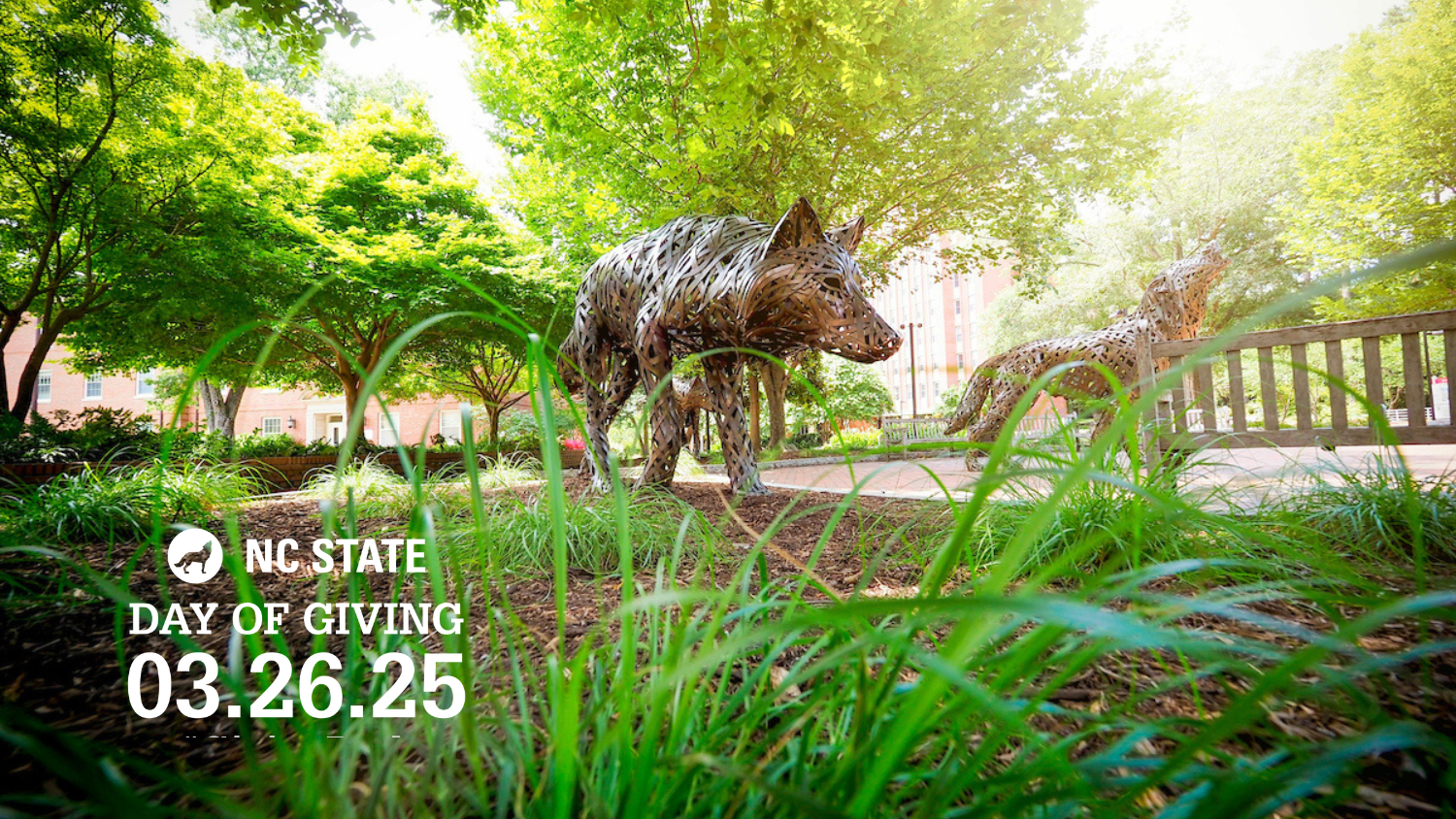Roman Sarder will graduate in December 2023 with a Ph.D. in forest biomaterials. He is currently working as a senior research scientist at WestRock, one of the world’s largest paper and packaging companies.
Sarder’s dissertation focused on the valorization of agricultural waste and industrial byproducts to develop alternative fibers for the production of high-barrier packaging paper.
We recently spoke with Sarder to learn more about his experience at the College of Natural Resources and how it’s prepared him for success.
What were some of your most memorable experiences at NC State?
I had lots of memorable events to cherish. Attending the TAPPI conference in Charlotte, North Carolina in 2022 was a truly enriching experience. My wife Moumita Nanjiba and our lovely son Rushaid Maasib Ayaat, along with other graduate and undergraduate students, made it even more special. As I presented and represented our department there, the support and encouragement from my family added a personal touch to the professional achievement. The conference provided a platform to showcase the advancements of biomaterials, and the interactive sessions facilitated valuable discussions within academia and industry. As we represented our department at the exhibition hall, I also had the chance to share the resources and facilities that we have at NC State with the interested guardians and the potential future students. Exploring the vibrant city of Charlotte together, we not only immersed ourselves in the professional discourse but also enjoyed the cultural and recreational aspects of the trip.
What was your favorite class?
My favorite class was FB 723: Biomaterials Chemistry, but my favorite faculty member was Martin Hubbe. I loved working with him because of his positive and timely feedback. When I had a question, I could ask him or send him an email and he responded to me quickly even though it was midnight. He is not only an expert in biomaterial sciences but also the most humble and generous person I have ever met.
What motivated you to pursue your major?
My pursuit of a degree in forest biomaterials is driven by three core motivations. First, I am passionate about exploring new ideas and resources for real life applications. This interest stems from a commitment to finding eco-friendly solutions that harness agricultural byproducts, contributing to resource efficiency and minimizing waste. Second, a strong desire to address environmental issues propels my focus on reducing the use of single-use plastic in everyday life. Recognizing the detrimental impact of plastic pollution, I am dedicated to researching and developing biomaterial alternatives that are both functional and environmentally responsible. Lastly, a profound concern for environmental pollution motivates my academic journey. By specializing in forest biomaterials, I aimed to contribute to the development of innovative and sustainable materials for packaging industry to replace and reduce single-use plastic in this field. This threefold motivation forms the foundation of my commitment to making a positive impact on the environment through my studies and future endeavors in the field of packaging industries.
How has the College of Natural Resources prepared you for your future?
My college experience has been instrumental in preparing me for my job by providing a comprehensive and well-rounded education in the field of biomaterials. The curriculum not only equipped me with theoretical knowledge but also immersed me in practical applications, ensuring a solid skill set essential for the professional realm. Understanding the foundational aspects of biomaterials, including their characterization and the valorization of existing resources, has been a key focus, aligning with the principles of a circular economy and emphasizing environmental sustainability.
Crucially, the guidance and mentorship of my supervisor, Lokendra Pal, acted as a driving force in my rapid learning and implementation of techniques. Engaging in projects with industry collaborators played a pivotal role in bridging the gap between academia and real-world demands. This hands-on experience allowed me to grasp industry needs firsthand and tailor my skill set to meet those requirements.
Additionally, active participation in various conferences provided valuable insights into emerging trends, challenges, and innovations within the field, further aligning my preparation with the dynamic landscape of the industry. This holistic approach has uniquely positioned me to enter the workforce with a deep understanding of biomaterials and the skills necessary to contribute meaningfully to the advancement of sustainable practices and environmental betterment.
What advice would you give to students entering your major or field?
Develop a genuine passion for learning and implementing various techniques. Stay curious and engaged in both theoretical knowledge and practical applications to build a robust skill set. Actively seek opportunities to collaborate with industry professionals and fellow academics. Collaborative projects provide valuable insights into real-world applications and foster a network of contacts that can be beneficial in your future career. Attending local, national, and international conferences related to your field is beneficial. These events offer a platform to showcase your work, learn about the latest advancements in the field, and connect with experts and peers. Building a diverse network can open doors to new opportunities and perspectives. Don’t hesitate to ask questions and seek guidance from experienced professionals in your field. Engage in discussions with experts to deepen your understanding and gain insights into practical challenges and solutions. Given the dynamic nature of the field, stay updated on the latest research, technologies and industry trends. Professional networking on platforms like LinkedIn is also important, and it can be your referral as well.
- Categories:



